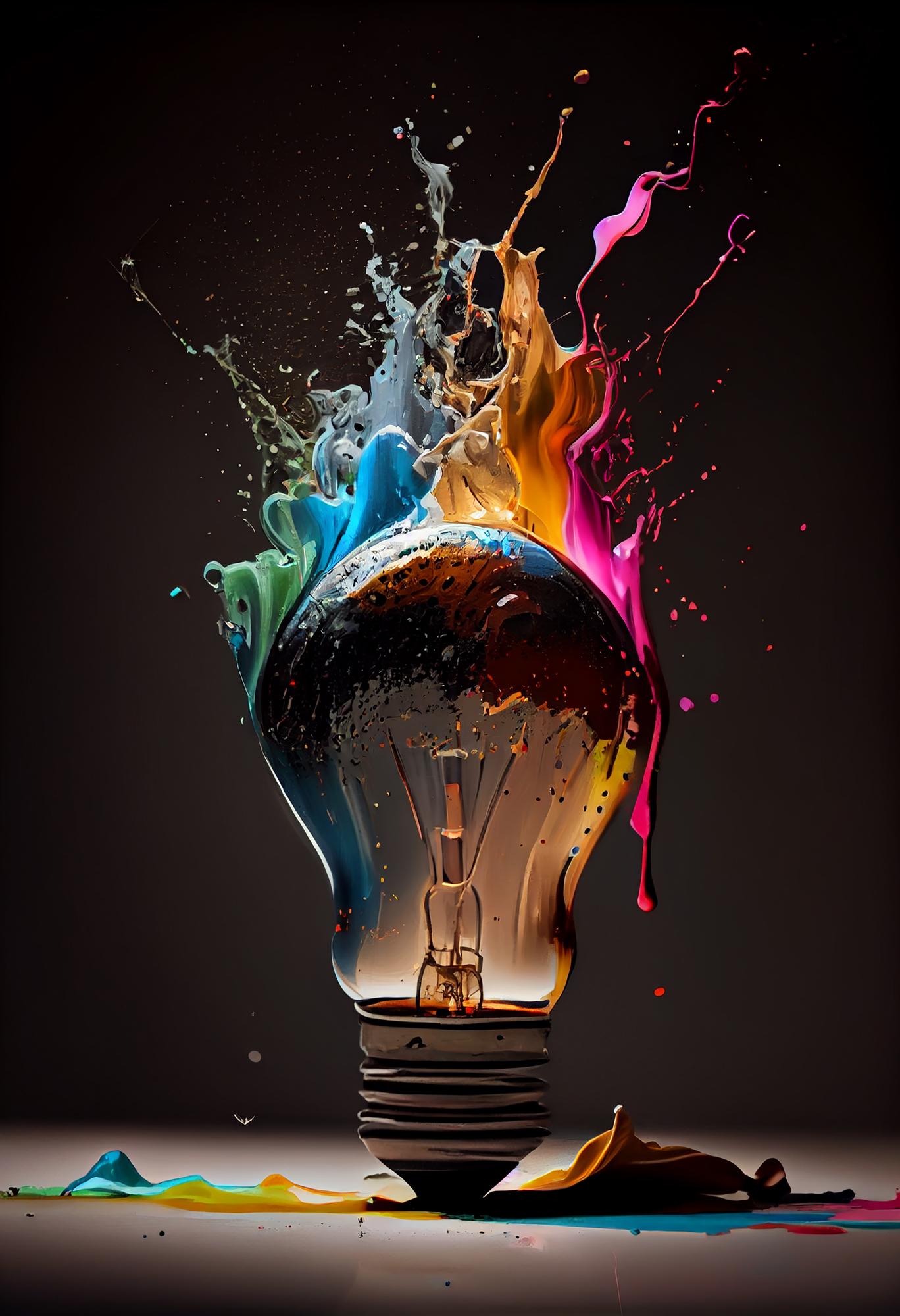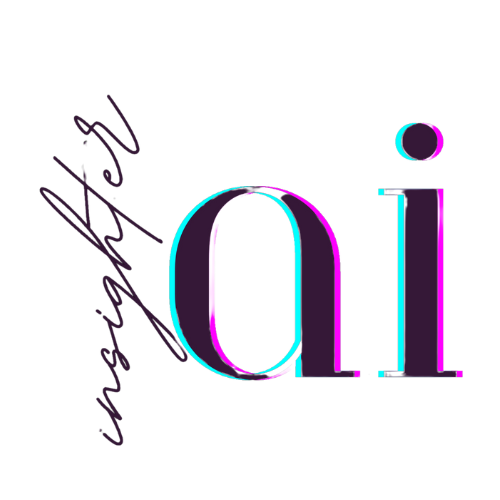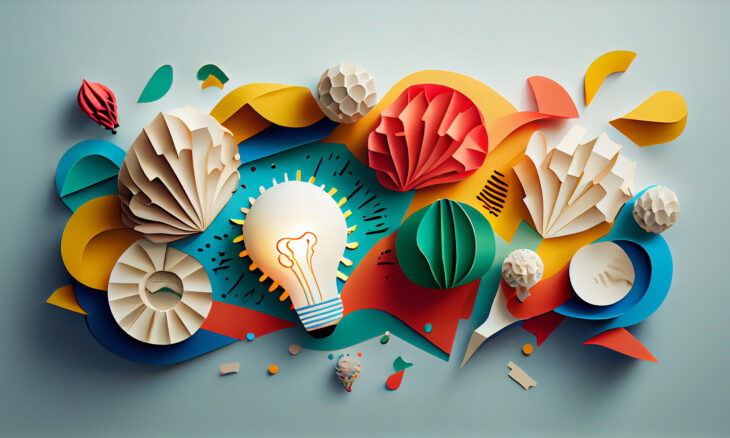Artificial Intelligence (AI) is no longer just a productivity tool; it is now shaping creativity in unprecedented ways. In 2024, we are witnessing a revolution in creative industries—from visual arts to music composition—driven by emerging technologies like GPT-4 and art generators like DALL-E 3.
AI and the Creative Revolution
 Recent advances in AI have enabled the creation of artistic works that not only compete with but also complement human talent. According to a study published in MIT Technology Review, 65% of creative professionals now use AI tools to boost their productivity. Tools like Stable Diffusion and Runway ML are democratizing access to creativity, allowing even beginners to produce impressive content.
Recent advances in AI have enabled the creation of artistic works that not only compete with but also complement human talent. According to a study published in MIT Technology Review, 65% of creative professionals now use AI tools to boost their productivity. Tools like Stable Diffusion and Runway ML are democratizing access to creativity, allowing even beginners to produce impressive content.
Success Stories
Companies are also leveraging AI to transform their advertising campaigns. Coca-Cola, for instance, used generative AI to design the visuals for its latest global campaign, an initiative that garnered over 1 billion impressions in just three months.
A company representative stated: “AI has allowed us to explore creative ideas we would never have imagined without this technology.”
Another example is independent musician Jacob Collier, who used AI to create complex vocal harmonies for his latest album. In a recent interview, he shared:
AI doesn’t replace my creativity, but it amplifies what I can do as an artist.”
Challenges and Controversy
Despite the excitement, the use of AI in creativity also raises ethical concerns. The appropriation of artistic styles without consent is one of the main criticisms. According to OpenAI, developers are working on algorithms that respect intellectual property, but the debate is far from resolved.
What’s Next?
The coming years promise even more impressive advances, including the integration of AI into creative education platforms and the emergence of collaborative tools that combine the best of human and machine creativity.
If you want to delve deeper into this topic, we recommend the article “The Age of Collaborative Creativity” from Forbes, which explores how humans and machines are redefining the boundaries of innovation.
Conclusion: AI-driven creativity is a reality that is transforming industries and lives. While we celebrate these advancements, it is crucial to address the ethical implications and ensure that the future of creativity is inclusive and responsible.
Did you enjoy this article? Share it on your social media and leave your opinions below!



